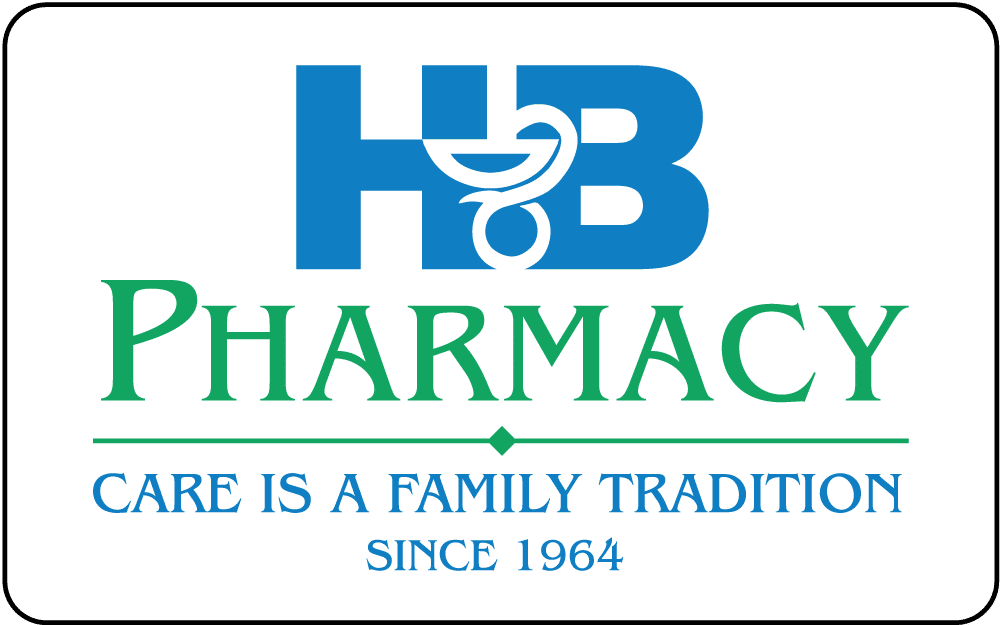A wide variety of illnesses related to the heart and blood vessels collectively fall under the umbrella term ‘heart disease.’ Notable examples, as documented by Mayo Clinic, include coronary artery disorder, cardiac failure, arrhythmia (e.g. atrial fibrillation), and congenital anomalies of the heart.
Other diseases of the heart include:
- heart infections
- heart valve disease
- cardiomegaly (an abnormally enlarged heart)
- cardiomyopathy (a disease of the heart muscle)
What are the symptoms of different types of heart disease?
Angina, also known as chest pain, is a common symptom of heart disease. This occurs when the heart isn’t receiving enough oxygen and nutrient-rich arterial blood to function properly – resulting in an uncomfortable sensation that can range from tightness or squeezing around the breastbone area to radiating throughout one’s neck, shoulders, arms abdomen and back. Many individuals experience this feeling if they are suffering from cardiac issues.
Do you frequently feel exhausted after just a few moments of physical activity? Does it seem impossible for you to regain your breath while resting? These could be warning signs of heart disease. Fortunately, these indications usually dissipate when taking some time off from engaging in strenuous activities.
Women often experience different symptoms than men. For example, women may have:
- nausea
- vomiting
- back pain
- jaw pain
- cold sweats
- paleness
- dizziness
- shortness of breath
- lightheadedness
- fainting episodes
Women may not be aware of the warning signs for heart disease, as its symptoms can easily mimic other common illnesses. Additionally, certain risk factors such as stress, depression and menopause are more likely to increase a woman’s chances of developing cardiovascular problems than it would in men.
Risk factors for heart disease
Common risk factors for heart disease include:
- being overweight
- being inactive
- smoking tobacco
- eating a high-fat, high-sodium, and high-carbohydrate diet
- having diabetes mellitus
- having high blood pressure
- having high cholesterol
- having a family history of heart disease
The Center for Disease Control and Prevention (CDC) recently found that vast numbers of Americans have major risk factors for coronary heart disease like high blood pressure, smoking, or elevated cholesterol levels. If your doctor has warned you about possibly getting this illness in the future, it’s absolutely paramount to take heed of their warning!

